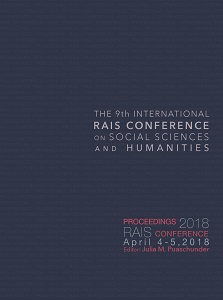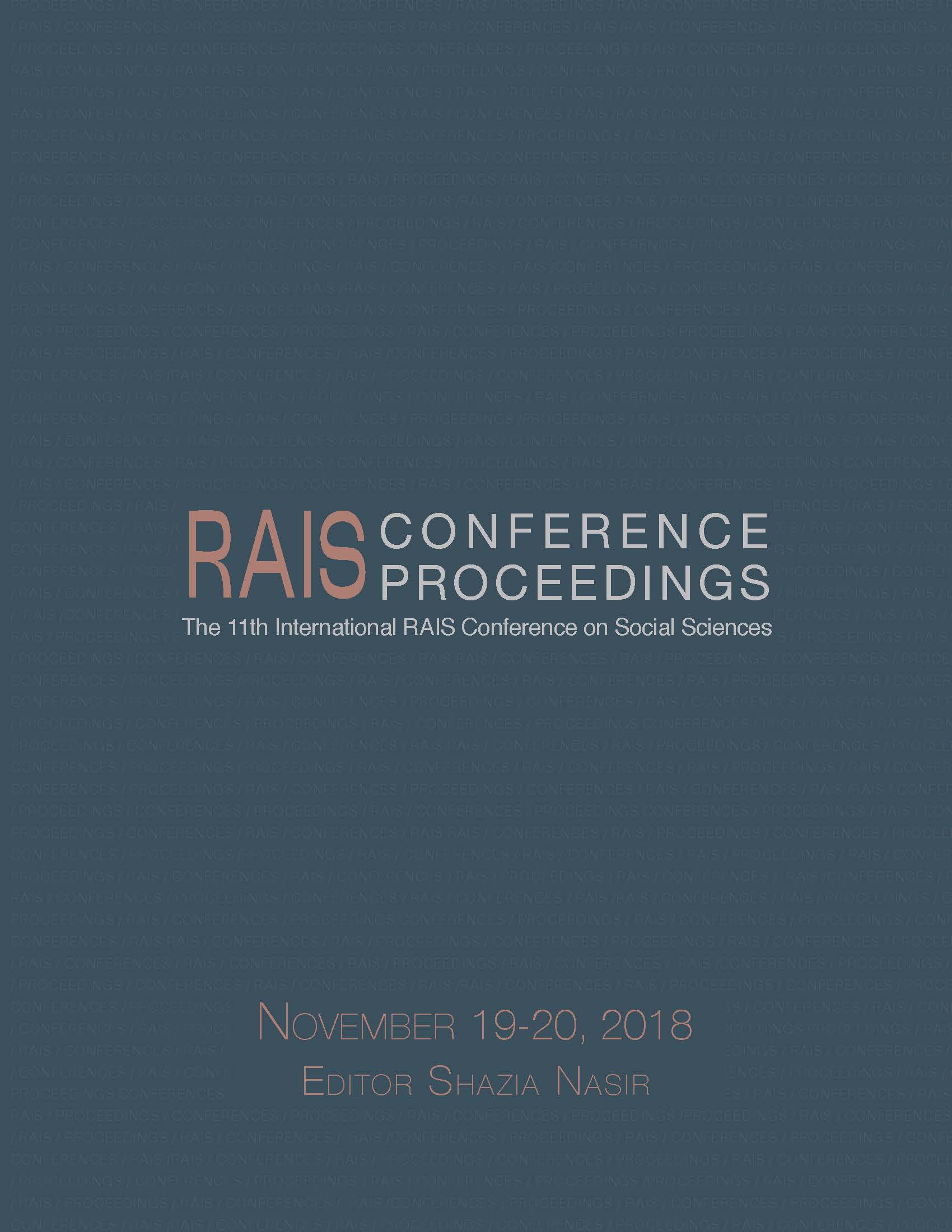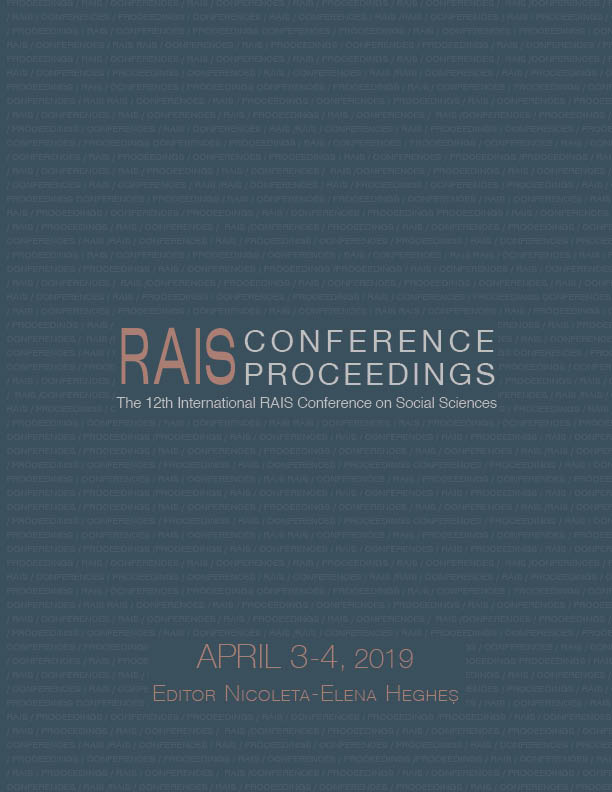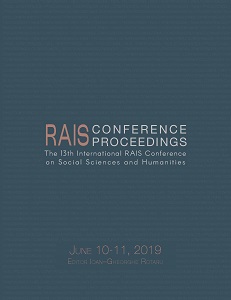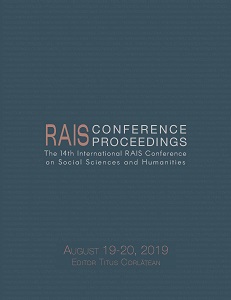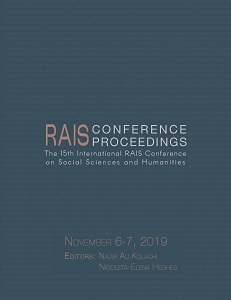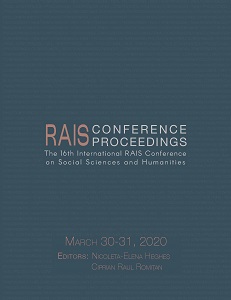Taste Preference Differences in Juvenile Delinquency
Author(s): Ligiana Mihaela Petre,Alina Atalay / Language(s): English
/ Publication Year: 0
Keywords: delinquency; taste preferences; food choice; health behavior;
Smart food policy models for improving dietary intake recommend tailoring intervention to people's food preference. Food choice plays a major role in the psychological, economic, and social aspects of life by expressing preferences, identities, and cultural meaning. Poor health behavior has been associated with delinquency and antisocial personality features have been associated with taste preferences. The purpose of this study was to identify the taste preferences differences between non-delinquent and delinquent population. PrefQuest (PQ) was used for measuring food preferences. 56 participants were included. The results show a statistically significant difference (18.03) between experimental (n=21, M=158.13, SD=30.89) and control groups (n=35, M=176.17, SD=31.19) related to sweet taste preferences, t (54)=2.10, p=0.040, 95% CI [.82, 35.23] and a statistically significant difference (29.30) between experimental (n=21, M=195.13, SD=50.84) and control groups (n=35, M=224.46, SD=47.78) regarding to sweet & fatty taste preferences, t(54)=2.16, p=0.035, 95% CI [2.21, 56.38]. There were no statistically significant differences between control and experimental groups related to salty and salty & fatty taste preferences. The findings could bring a novel insight into the crime prevention strategy based on improving eating behavior, which may contribute to booster the health of the young people with the added benefit of reducing delinquency. Efforts to control delinquency should consider that the adequate emotional reward offered by the food, as an identity and social marker, could be a pathway to psychological rehabilitation in juvenile delinquency.
More...
